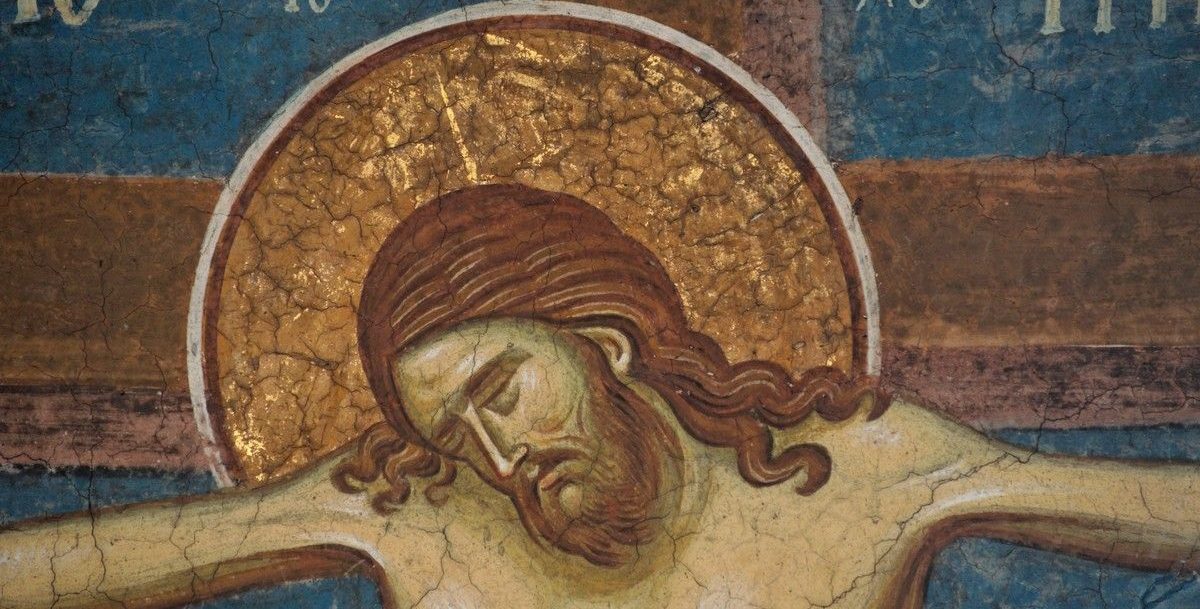It seems to some the very epitome of a “mere” orthodoxy in the worst sense — too juridical for God’s mercy and too arbitrary for God’s justice — even to those who are not in the habit of yielding too quickly to theological fashions, it is a puzzling thought that God could accept the sufferings of the innocent as an atonement for the offences of the guilty. But it is worth thinking further about how far such puzzled and outraged reactions can take us.
Login to read more
Sign in or create a free account to access Subscriber-only content.
